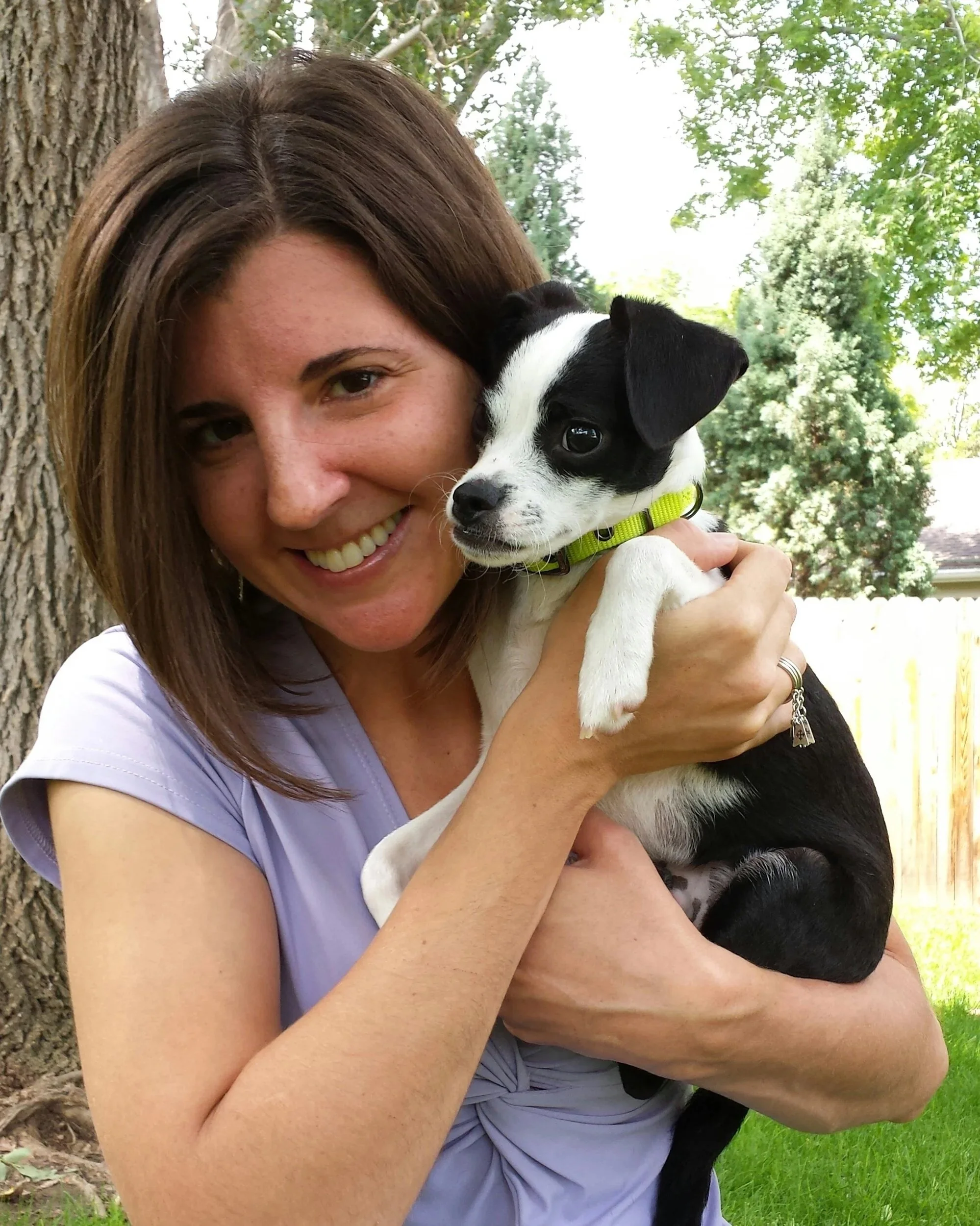
I’m glad you’re here.
FAQs
Are you currently accepting new clients?
Yes! I am currently seeking new clients who reside in Colorado. I also welcome clients from Wyoming, providing you are seen in my Fort Collins office.
Do you see clients in-person or virtually?
Both! I offer the flexibility of virtual appointments and have limited in-person availability in my Fort Collins office on Fridays.
Who do you work with?
I work with adults who are ready to face life’s challenges head-on. My clients are thoughtful, self-aware, and curious about the deeper patterns that shape their lives. They’re motivated to make changes, open to reflection, and willing to do the messy, meaningful work of growth.
What’s it like being in session with you?
People often tell me it's easy for them to open up to me. I genuinely enjoy connecting with people and strive to make the therapy experience positive, even through difficult times and hard work. I offer a non-judgmental space and will meet you where you're at; my goal is to allow you to feel comfortable enough to show up just as you are.
How long are sessions and how often will we meet?
Sessions are 50 minutes. Most clients have weekly appointments initially and may transition to bi-weekly or monthly appointments once they feel they are in the "maintenance" phase. Frequency is really up to you.
What is EMDR?
EMDR is a structured therapy that encourages the client to focus briefly on the trauma memory while simultaneously experiencing bilateral stimulation (typically eye movements), which is associated with a reduction in the vividness and emotion associated with the trauma memories.
Eye Movement Desensitization and Reprocessing (EMDR) therapy is an extensively researched, effective psychotherapy method proven to help people recover from trauma and PTSD symptoms. Ongoing research supports positive clinical outcomes, showing EMDR therapy as a helpful treatment for disorders such as anxiety, depression, OCD, chronic pain, addictions, and other distressing life experiences (Maxfield, 2019). EMDR therapy has even been superior to Prozac in trauma treatment (Van der Kolk et al., 2007).
I incorporate EMDR as part of a personalized approach to therapy, helping clients process difficult emotions and move toward greater healing and resilience.
What does a veterinary social worker do?
A veterinary social worker is a specialized professional who addresses the intersection of human and animal well-being. They provide support to individuals and communities dealing with the emotional, ethical, and social challenges related to animal care. This includes assisting pet owners with grief and loss, helping veterinary professionals manage compassion fatigue and stress, and fostering the human-animal bond. Veterinary social workers often work in settings such as veterinary clinics, animal shelters, academic institutions, or private practice, using their expertise to promote mental health and resilience in the context of animal care.
What are your fees? Do you offer sliding fee scale?
My current fee is $140 per session. I accept insurance and I do have several spots in my practice for clients who cannot afford my full fee, although those slots are currently filled. If you are a vet student, let’s talk about some options that may work for you. If I am out-of-network with your insurance, I encourage you to look into your out-of-network benefits, as some plans will reimburse you for therapy services; I am happy to provide you with a Superbill that you can submit to insurance. I also accept HSA and FSA payments. I do my best to make mental healthcare accessible.
How do I get started?
I am happy to schedule a complimentary 15-minute session to see if we are a good fit. Email me and we’ll find a time to chat.
